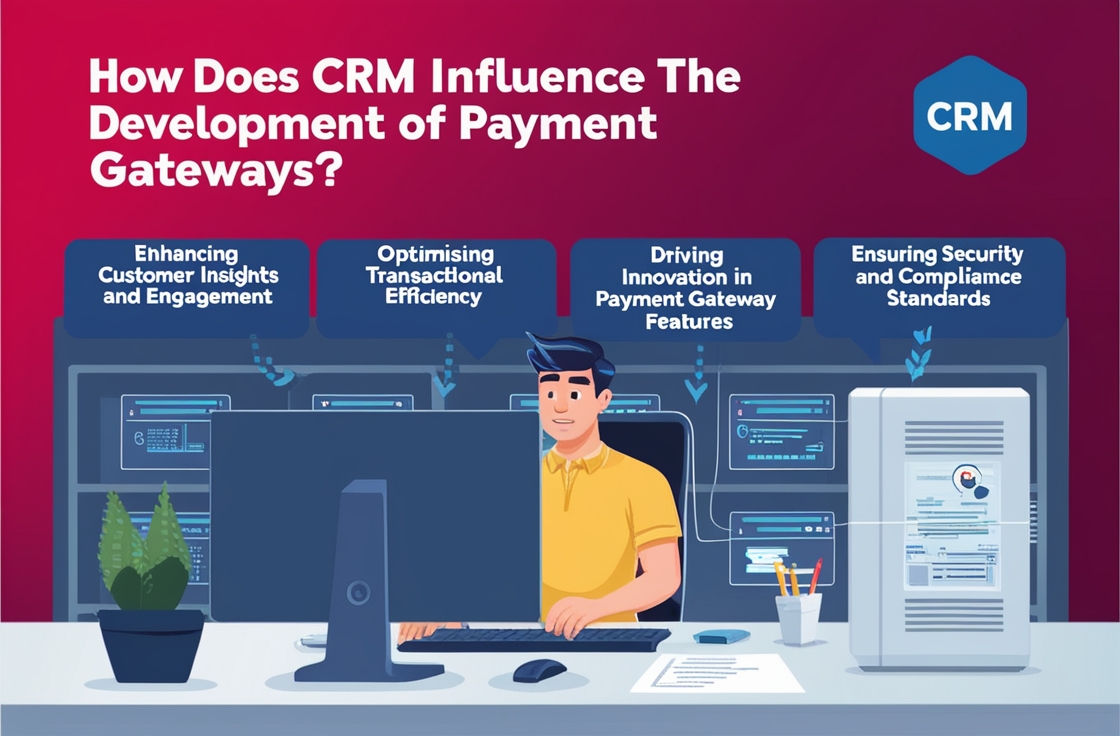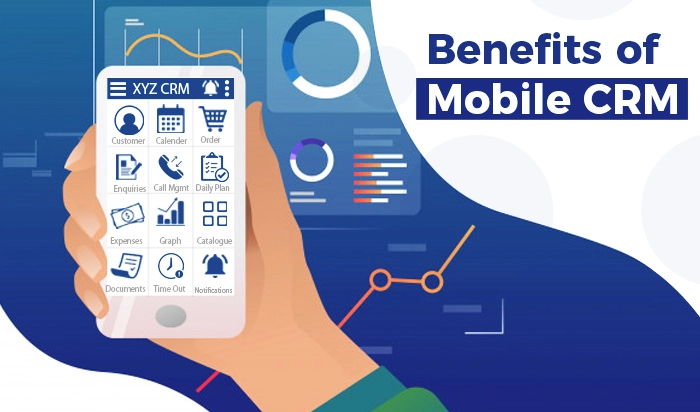Introduction
Customer Relationship Management (CRM) systems have become indispensable tools for businesses aiming to enhance customer engagement and streamline operations. As companies increasingly rely on digital transactions, CRM's role in developing payment gateways is becoming more apparent. By integrating CRM with payment gateways, companies can improve customer insights, optimise transactional efficiency, and drive innovation. This article explores how CRM systems influence the evolution of payment gateways, touching on key aspects such as customer engagement, transaction optimisation, innovation, security, and analytics.
Enhancing Customer Insights and Engagement
Integrating CRM systems with payment gateway development services can significantly improve customer insights and engagement. By leveraging detailed customer data—such as purchase history, payment preferences, and interaction patterns—businesses can better tailor their payment experiences to meet customer needs. For example, CRM systems can enable personalised offers, loyalty rewards, and customised payment options, creating a more seamless and engaging user experience. This integration allows businesses to predict customer behaviour and preferences, ensuring the payment process is efficient and aligned with customer expectations. As a result, companies that utilise CRM alongside payment gateway development services can foster stronger relationships with their customers, encouraging repeat transactions and increasing overall satisfaction.

Optimising Transactional Efficiency
Integrating CRM systems with payment gateways is crucial in optimising transactional efficiency. By leveraging customer data stored in the CRM, businesses can automate and streamline various aspects of the payment process. For instance, customer details such as billing and shipping addresses can be auto-filled during checkout, reducing manual input and minimising errors. This integration also allows for faster processing of payments by offering alternative payment methods based on customer preferences, ensuring that transactions are completed without unnecessary delays. Additionally, CRM-driven insights can help identify potential issues such as declined payments or incomplete transactions, enabling businesses to address these problems promptly. As a result, the combination of CRM and payment gateway systems improves the overall speed, accuracy, and reliability of transactions, leading to a more seamless and efficient customer experience.
Driving Innovation in Payment Gateway Features
The integration of CRM and payment gateways drives innovation in the features offered by payment systems. Developers can introduce new functionalities that cater to evolving customer needs by understanding customer preferences and transactional patterns through CRM data. For instance, CRM-driven insights can lead to the development of multi-currency support, flexible payment plans, or subscription management features within payment gateways. Additionally, by identifying common customer pain points, such as complex checkout processes or lack of payment options, businesses can innovate and enhance the payment gateway experience. These innovations improve user satisfaction and position businesses competitively in a rapidly evolving digital market.
Ensuring Security and Compliance Standards
Security and compliance are critical concerns in the development of payment gateways. By integrating CRM systems with payment gateways, businesses can ensure that sensitive customer data is managed securely and under regulatory standards. CRM systems provide comprehensive tracking of customer interactions, which can help companies to ensure compliance with data protection regulations like GDPR or PCI DSS. Additionally, CRM systems can be configured to flag suspicious payment activity, helping to prevent fraud and secure customer transactions. By combining the capabilities of both CRM and payment gateways, businesses can build robust security measures that protect customer data while maintaining seamless payment operations.
Maximising Business Intelligence and Analytics
CRM systems generate a wealth of data that can be used to enhance the performance of payment gateways through advanced analytics. Businesses can gain deeper insights into customer purchasing behaviours, payment preferences, and revenue trends by analysing transactional data. This information is crucial for making data-driven decisions regarding pricing, marketing strategies, and customer outreach. Additionally, CRM-driven analytics can help businesses identify inefficiencies in the payment process, optimise payment workflows, and predict future payment trends. Integrating CRM with payment gateways provides businesses with actionable insights and enhances their ability to deliver more tailored and efficient payment experiences.
Conclusion
The integration of CRM systems with payment gateways has a profound impact on both customer experience and operational efficiency. CRM systems play a pivotal role in shaping modern payment gateways by enhancing customer engagement, optimising transaction processes, driving innovation, ensuring security, and maximising business intelligence. As businesses adapt to the digital landscape, leveraging CRM technology will be crucial for delivering seamless, secure, and personalised payment solutions that meet customers' evolving needs.








